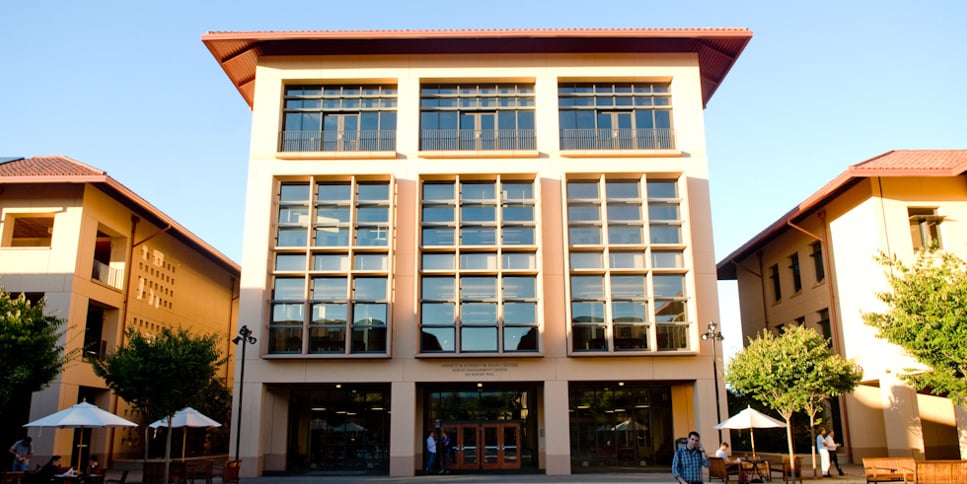While many pandemic measures are being lifted, one practice that is here to stay is hybrid workplaces. However, this raises a new question for some managers: How can they best lead hybrid teams?
Researchers at Stanford claim that they have answered this question and are sharing their methods of management through a course called Managing Remote and Hybrid Teams.
The course is offered through Stanford Online, the University’s virtual campus which is operated by the Stanford Center for Professional Development (SCPD) and housed under the School of Engineering. The self-paced course takes about 13 hours to complete and is offered for $765, according to the course website (current students, staff and faculty are eligible for a half-price discount).
The goal of the course is to help managers apply new skills to hybrid environments and promote healthier and communicative workspaces, according to SCPD spokesperson Judith Romero.
The course builds off of a previous iteration that ran in March 2021 with new modifications and updates to some course content, Romero said.
“The original course was designed based on faculty research on remote work and dispersed teams to meet a new, widespread need for managers who were thrust into remote management due to the pandemic,” Romero said. “The faculty continued to conduct research during the pandemic, and the new course integrates their new research.”
The course is led by co-director Jonathan Levav, a professor of marketing at Stanford Graduate School of Business, and co-director Robert Sutton, a professor of management science at Stanford School of Engineering; other members of the course faculty include Pamela Hinds, Margaret Neale, Francis Flynn and Nicholas Bloom.
Organizational behavior and human resources professor Hayagreeva Rao, a faculty member of the course, said that this is a class where practice can lead to theory.
“It was an innovative program where the faculty and participants learned from each other,” said Rao.
There are no prerequisites for the course, but it is largely geared to audiences who want to learn how to manage, lead and motivate teams, according to Romero. For example, Romero said, Stanford students aren’t the primary audience, but they can take the course.
The course is specifically designed for people in positions of team management who exist in a new hybrid world. “The skills that served managers well pre-pandemic need to be updated to fit a new reality in which work modalities vary and employees expect increased flexibility,” Levav said.
According to the course description, the self-paced course focuses on keeping remote-hybrid teams motivated and passionate about their work, creating and developing a positive company culture and identifying tasks that are better suited for an in-person or remote team. Some other skills include learning how to make the most out of meetings and better ways to engage with work teams.
Levav believes this topic will be central to management and leadership in the coming decade at minimum. “We have substantial knowledge on this topic at Stanford,” Levav said. “Rather than letting people guess and second guess, why not arm [them] with what our research shows they should do?”
Levav hopes to spark a conversation with this course.
“We hope that after this course — and others like it — the conversation will be less strident, more nuanced and more effective.”
The article has been updated to reflect that the course is a joint offering by the Graduate School of Business and School of Engineering and that Robert Sutton is a co-director of the course.
